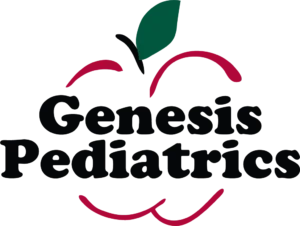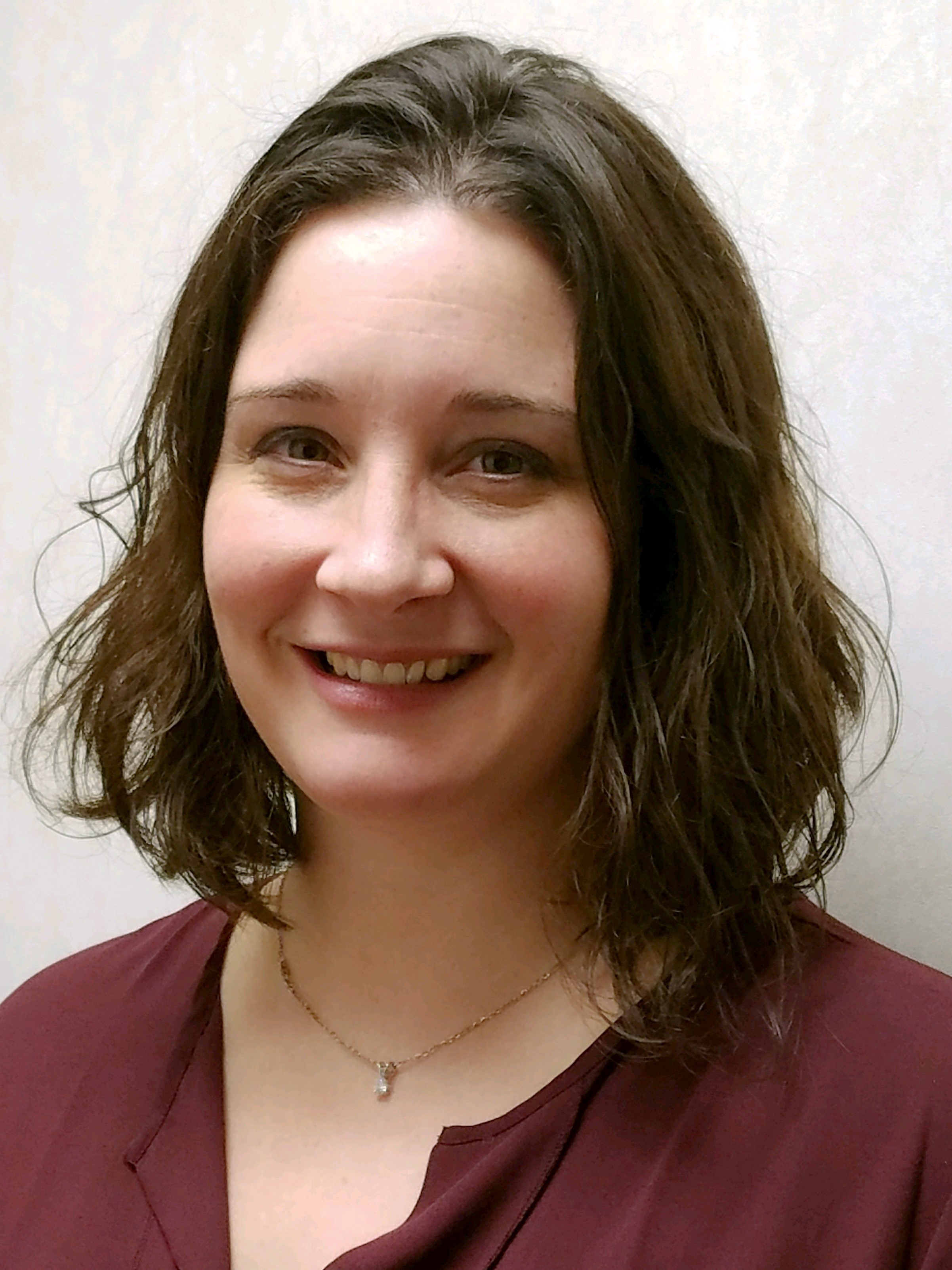Did you know that Genesis Pediatrics has 2 Doctors of Osteopathy (ie. DOs)?
A pediatric doctor of osteopathic medicine (DO) is a pediatrician who has studied medicine at an osteopathic medical school and has gone on to complete a pediatric residency. A pediatric doctor of allopathic medicine (MD) is a pediatrician who has studied medicine at an allopathic medical school and has gone on to complete a pediatric residency.
Osteopathic medicine emphasizes helping each patient achieve a high level of wellness by focusing on health promotion and disease prevention. DOs are trained to look at the whole person from their first days of medical school, which means they see each person as more than just a collection of organ systems and body parts that may become injured or diseased
What is the History of Osteopathic Medicine?
Osteopathic medicine was founded in the late 1800s in Kirksville, Missouri, by a medical doctor who recognized that the medical practices of the day often caused more harm than good. He focused on developing a system of medical care that would promote the body’s innate ability to heal itself and called this system of medicine osteopathy, now known as osteopathic medicine.
What kind of training do doctors of osteopathic medicine receive?
A DO is a physician licensed to practice the full scope of medicine in all 50 states. Like an allopathic physician (MD), an osteopathic physician completes 4 years of medical school and can choose to practice in all types of environments including the military, and in all types of specialties, from family medicine to obstetrics, surgery, and aerospace medicine. However, osteopathic physicians receive an additional 300 to 500 hours in the study of using the hands to mobilize and stabilize the spine and the body’s musculoskeletal system.
What type of treatments do doctors of osteopathic medicine provide?
Osteopathic medicine is dedicated to treating and healing the patient as a whole, rather than focusing on one condition or body part. An osteopathic physician can, in addition to using all of the methods used by an MD, use osteopathic manipulative medicine which offers the added benefit of hands-on diagnosis and treatment. Osteopathic manipulation is a hands-on approach to ensure that the body is using its own healing systems as effectively as possible.
Questions?
Please feel free to ask Dr. Radi about their choice to train in osteopathic medicine.

